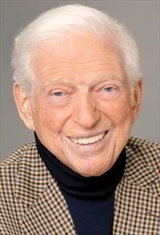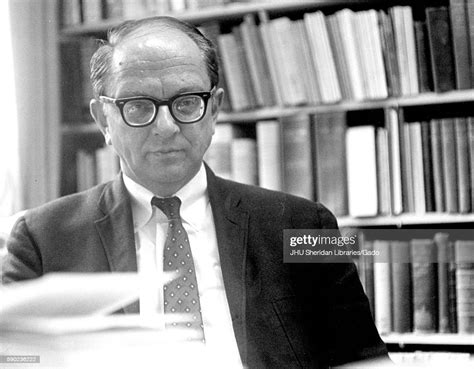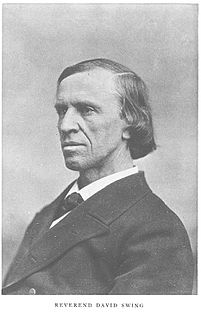A Quote by Meir Soloveichik
The eternal link between Lincoln's life and Passover - the fact that Lincoln's death, marked in the Hebrew calendar, coincides with Passover every year - is certainly fitting, and perhaps even part of the providence that Lincoln began to see in his own life and the life of his nation.
Related Quotes
Until the early 90s, when I was working on a project about the idea of free will in American philosophy. I knew that Lincoln had had something to say about "necessity" and "fatalism," and so I began writing him into the book. In fact, Lincoln took over. I wrote instead 'Abraham Lincoln: Redeemer President,' in 1999, and I've splitting rails with Mr. Lincoln ever since. If there's a twelve-step process for this somewhere, I haven't found it yet.
The spiritual kinship between Lincoln and Whitman was founded upon their Americanism, their essential Westernism. Whitman had grown up without much formal education; Lincoln had scarcely any education. One had become the notable poet of the day; one the orator of the Gettsyburg Address. It was inevitable that Whitman as a poet should turn with a feeling of kinship to Lincoln, and even without any association or contact feel that Lincoln was his.
When I need to stretch my legs, I can walk across the street to the museum and relax among the illustrations of Abraham Lincoln's life, too. In a way, it reflects the halves of Lincoln's own character - one all jokes and buffoonery, the other all high-minded seriousness. If he could absorb both into his personality, I think I can, too.
There's been more written about Lincoln than movies made about him or television portraying him. He's kind of a stranger to our industry, to this medium. You have to go back to the 1930s to find a movie that's just about Abraham Lincoln. I just found that my fascination with Lincoln, which started as a child, got to the point where after reading so much about him I thought there was a chance to tell a segment of his life to to moviegoers.
Remember that Abraham Lincoln was a Whig far longer than he was a Republican. As a whole, the Whigs looked upon banks and corporations as a more efficient means of development; the Jacksonian Democrats thought they were the tools of the devil, but Whigs like Lincoln disagreed. During his presidency, Lincoln favored the re-construction of a national financial system, and his most important 'internal improvement' project was the Pacific railroad.
The life of Lincoln should never be passed by in silence by young or old. He touched the log cabin and it became the palace in which greatness was nurtured. He touched the forest and it became to him a church in which the purest and noblest worship of God was observed. His occupation has become associated in our minds with the integrity of the life he lived. In Lincoln there was always some quality that fastened him to the people and taught their to keep time to the music of his heart.
The Watsons have lost sight of the fact that Mercy Watson is a pig, and they love her truly, madly, deeply. They live next door to two elderly sisters, Eugenia Lincoln and Baby Lincoln. Eugenia Lincoln is horrified that a pig is living in the house next door. Baby Lincoln secretly likes Mercy a great deal.
I am asked often about Abraham Lincoln's mistakes and faults; he certainly made some mistakes. I have chapter in President Lincoln about the Powhatan affair that was a royal screw-up in the early days - right alongside the Sumter affair. Lincoln signed letters he should not signed, and the ship was sent to two places at one under two captains etc. Fortunately, no great harm. Lincoln took the blame and did not do anything like that again.



































